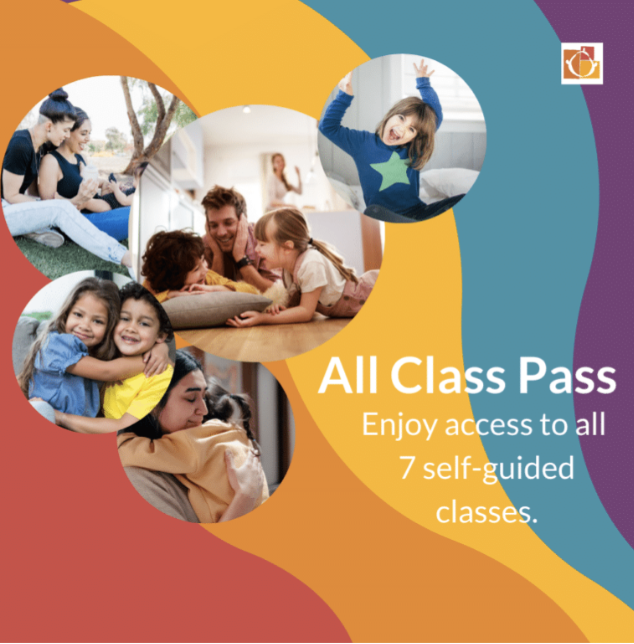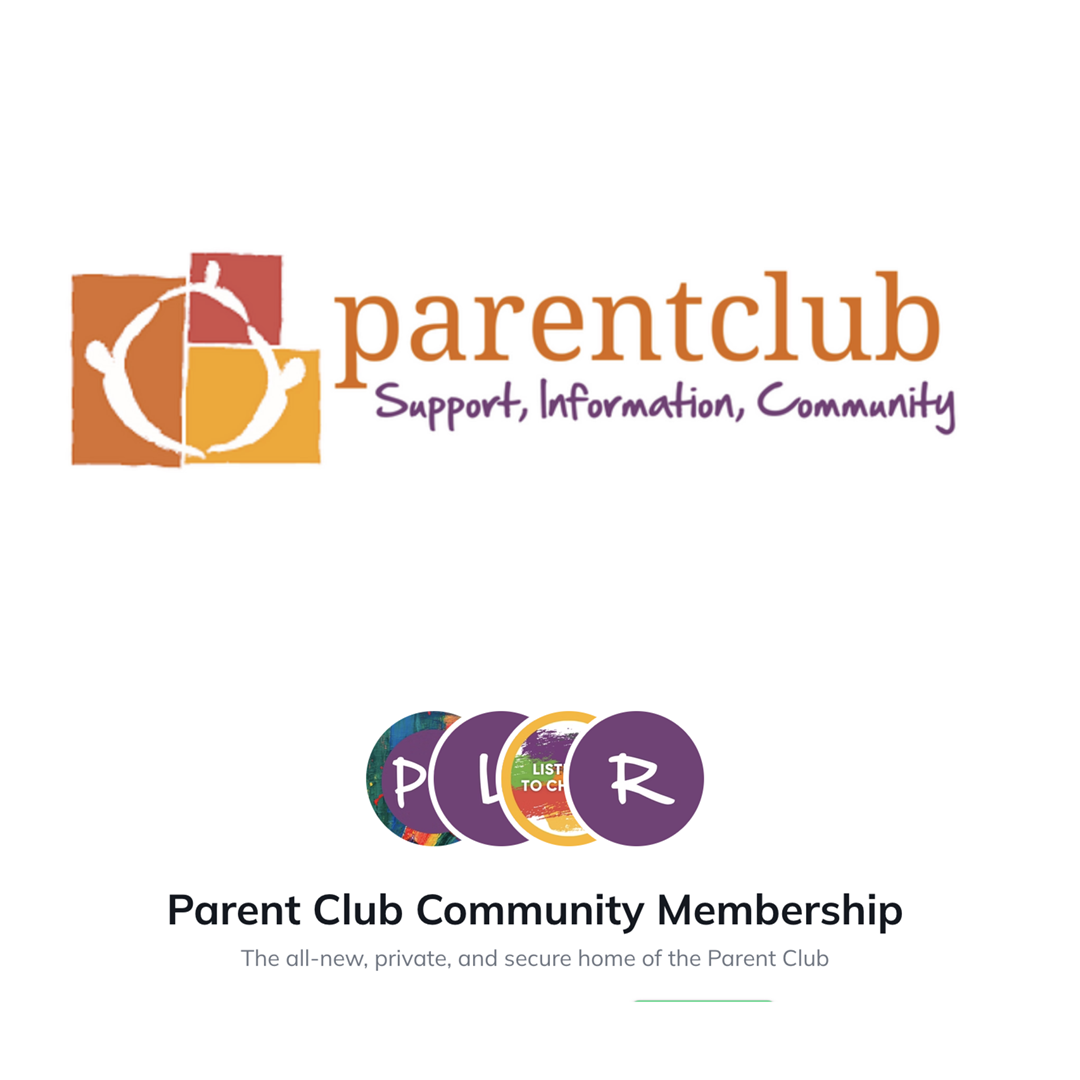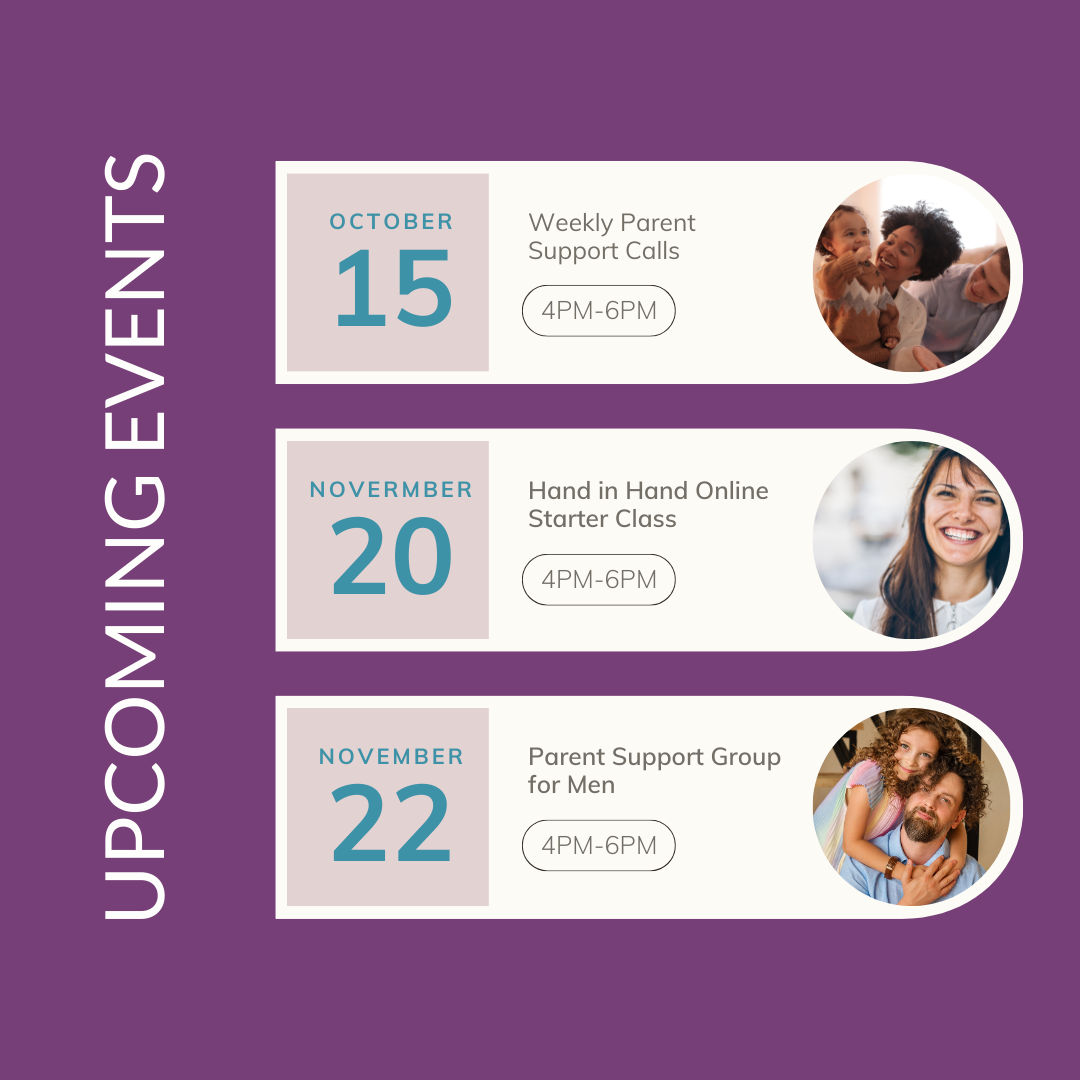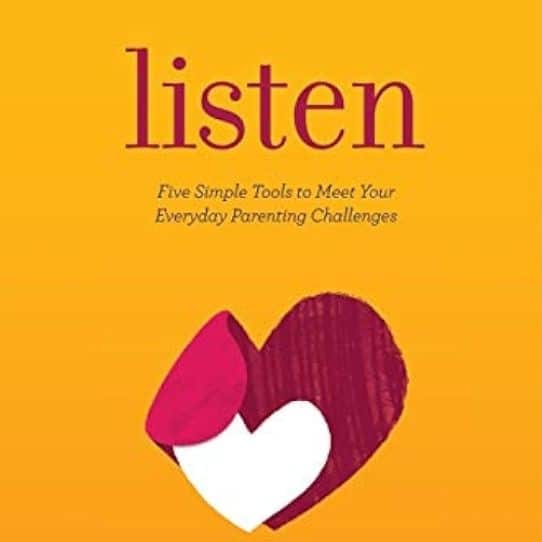Children function best when they feel connected to someone who cares about them. You can build connection with your child through play, laughter, roughhousing, cuddling, and warm, enthusiastic attention. Stresses of all kinds, loneliness, isolation, and criticism erase a child’s sense of connection, and make it harder for a child to love and learn.
Play full of laughter can quickly restore an affectionate connection between adult and child.
This kind of play, which I like to call Playlistening, eases tensions and helps parent and child dissolve power struggles and daily upsets.
So, rather than tell your child what to do in a serious, adult-like tone, try to find a way to playfully take the less powerful role. As your child begins to laugh, continue to play that role, doing precisely what makes them laugh over and over again.
Notice play
Follow their lead. If they run away, follow them, but as the less competent, befuddled one. If they push you, fall over with comic drama. If they chase you, run and yelp until they catch you. Children benefit greatly from the laughter they do while they play that they are smarter, bigger, stronger, and swifter than adults.
If you are being challenged on a limits issue, such as a finger in the sugar bowl, you can playfully and lightly say no: “Ooh, there goes that finger—no, no, no, little finger! No sneaking into the sugar bowl. Now, I’ll wipe you off, and I know you won’t go in there again!!” Much laughter will ensue, with that persistent little finger sneaking back into the bowl for you to playfully catch and “scold” again and again, so that more laughter can be had.
If your child refuses to put their jacket on, you might playfully get down on hands and knees, pull at their shirttail, and say, “Oh, Pleeeease! Just touch your jacket before we go outside!” Your child will probably giggle, crow “No! Not even a touch!” and run away. You can lumber after them, begging pitifully, while they laugh away the stresses that created the power struggle with you. After a few minutes of allowing them the upper hand, they are more likely to be able to choose to put on their jacket.
Be sure not to tickle. Tickling can easily victimize a child. Nuzzling and other vigorous physical contact is much better.
Children hunger for this kind of laughter and active fun with you.
It will bring you closer to each other. The more laughter you can elicit from your child through listening in this playful way, the safer they will feel to let you know about other upsets in their life. Be forewarned that often, after much laughter and physical play, children’s sadness and frustrations rise to the surface easily. A child will find an excuse—a bumped knee, a broken cookie, a favorite toy lost—to begin crying or storming. This is an effort to heal the collected hurts of the day, or to relieve ongoing tensions, such as fears of separation.
This crying and storming will restore your child’s good judgment and ability to be sunny and easygoing. All you need to do is listen and be close. Irrational feelings are melting. Your child will soon be reasonable again. If you stay close, holding them or keeping your hand on theirs, your child will feel deeply supported, even if they’re upset with you. When they’re finished, they’ll have a strong sense of your love and a renewed sense of well being.
To gather the patience to play and listen, we parents need help. We want to be patient, but we too have a load of stress to cope with. Ask a partner or a friend to listen to you while you talk about how things are for you as a parent. Parenting is difficult and complex: every parent can use time to talk and think. When it’s safe, or just plain necessary, allow yourself a good laugh or hearty cry. With someone there to listen, this stress-release process helps parents replenish their emotional energy, and join their children more often in play.
From the Hand in Hand Toolbox
A gift for you: Learn more about our emotional support Tool Listening Partnerships
Tips on Being A More Playful Parent
Find your online village with the Hand in Hand Parent Club Community.
You get Weekly Zoom Support Calls, 24/7 Coaching in our private discussion group, plus weekly Learning Labs for deep dives into your biggest parenting challenges. Learn to implement the Hand in Hand Tools with confidence for consistent results as you create more cooperation and peace in your home.





